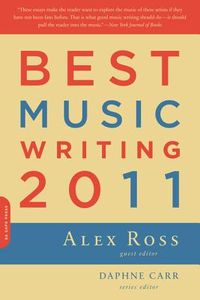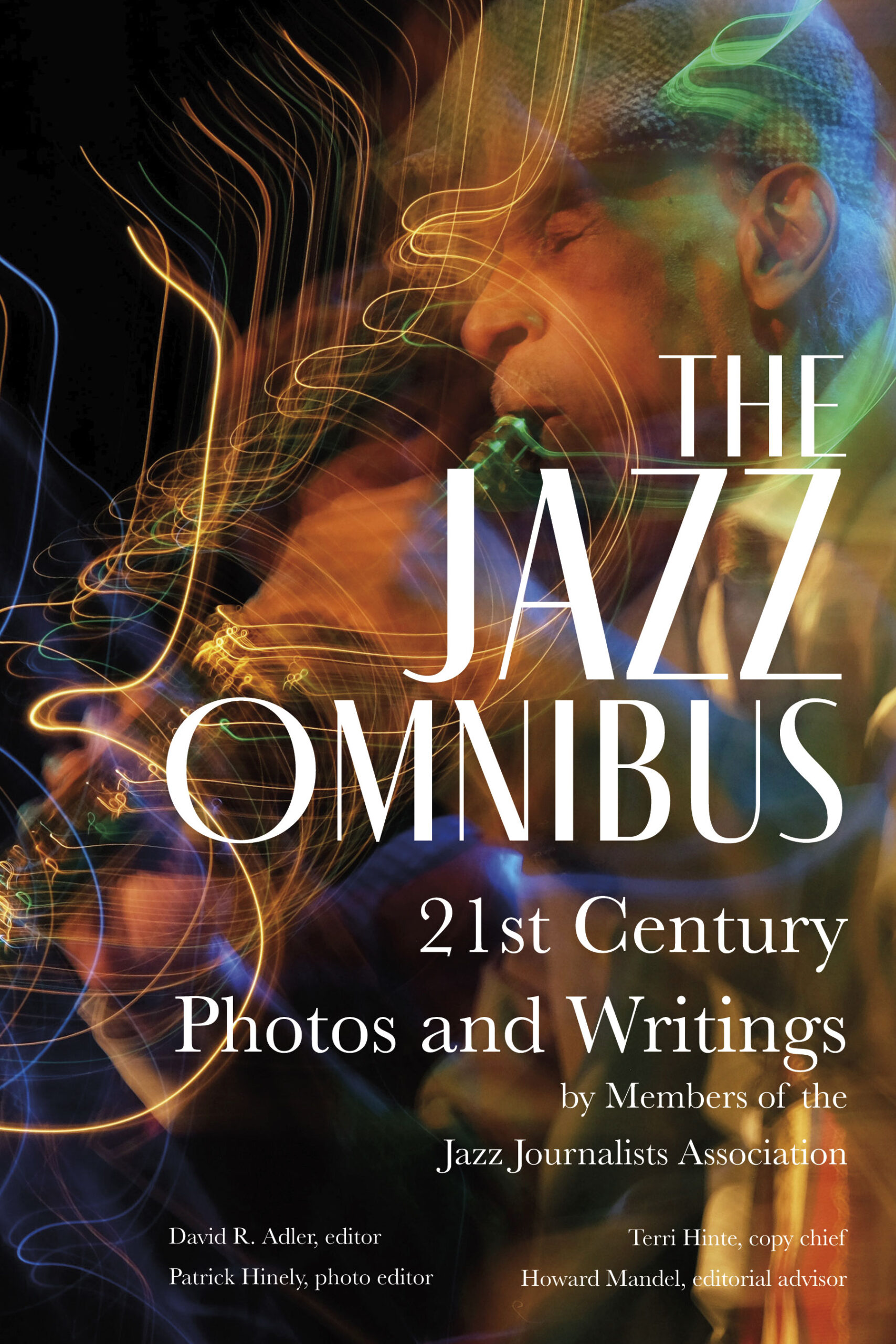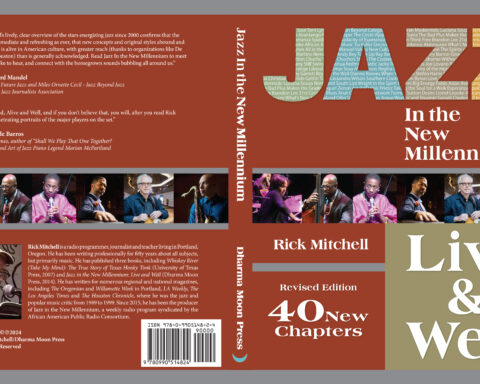I’ve long regarded the annual publication of the Best Music Writing anthology as an Event: it’s an opportunity to revisit articles that  knocked me out the first time around, and (even better) a chance to encounter strong work that somehow slipped under my radar. This year I was honored and startled to be included in the mix of Best Music Writing 2011
knocked me out the first time around, and (even better) a chance to encounter strong work that somehow slipped under my radar. This year I was honored and startled to be included in the mix of Best Music Writing 2011  — startled because the piece that made the cut was submitted by its publication, an online journal, without my knowledge. I can’t remember if I myself actually sent anything in this year; to my recollection, I didn’t.
— startled because the piece that made the cut was submitted by its publication, an online journal, without my knowledge. I can’t remember if I myself actually sent anything in this year; to my recollection, I didn’t.
 knocked me out the first time around, and (even better) a chance to encounter strong work that somehow slipped under my radar. This year I was honored and startled to be included in the mix of Best Music Writing 2011
knocked me out the first time around, and (even better) a chance to encounter strong work that somehow slipped under my radar. This year I was honored and startled to be included in the mix of Best Music Writing 2011  — startled because the piece that made the cut was submitted by its publication, an online journal, without my knowledge. I can’t remember if I myself actually sent anything in this year; to my recollection, I didn’t.
— startled because the piece that made the cut was submitted by its publication, an online journal, without my knowledge. I can’t remember if I myself actually sent anything in this year; to my recollection, I didn’t.Each anthology’s tone and contents are governed by its guest editor, and in past years I had no success with the material I submitted. (One piece I didn’t submit made Honorable Mention last year. Perhaps I’m not the best judge of my own work.) Alex Ross, the esteemed New Yorker classical critic, was this year’s guest editor, and my great admiration for his work made this all the more special.
Among other things, Ross is a listener with big ears, which may account for the greater share of jazz in the 2011 edition. But I wouldn’t go so far as to suggest that jazz, on its face, is a hard sell for Best Music Writing gatekeepers; I think the paucity has more to do with form than content. Scan any one of these anthologies and you’ll find more think pieces and critical essays than artist profiles and album reviews. And what do the jazz mags usually assign? Profiles and reviews.
There are no set rules here — David Hajdu’s qualifying piece this year is a profile, written for the New York Times Magazine. But my piece originated as a 20-minute presentation for the Experience Music Project Pop Conference; only later did I adapt it to be read on the page (or screen, as it were).
I close with a surprising bit of news: at a reading for the new anthology this week, series editor Daphne Carr announced that it would no longer be affiliated with Da Capo Press. It’s going to be independently published, and its submission process is changing, with selections narrowed down by a 10-person editorial board. Carr has outlined the changes at http://funboring.com/fundraiser ; she’s also put out a plea for support. Anyone who gives
$15 or more will receive a copy of the 2012 book. Whether or not you have designs on being one of the contributors, I’d strongly urge you to consider a donation.





